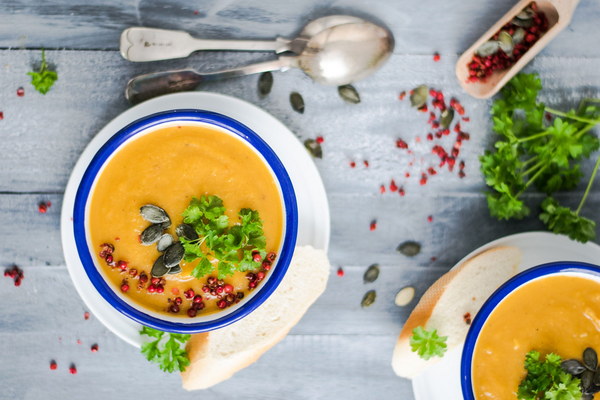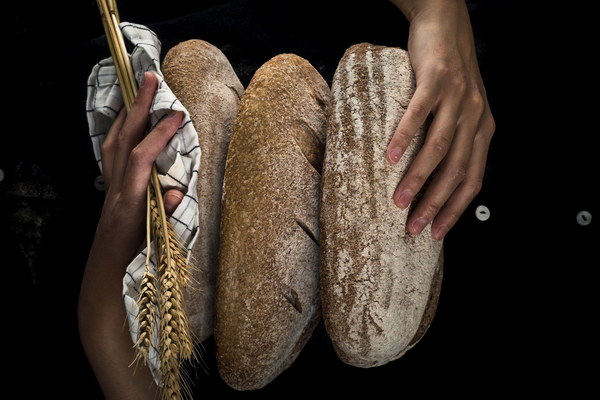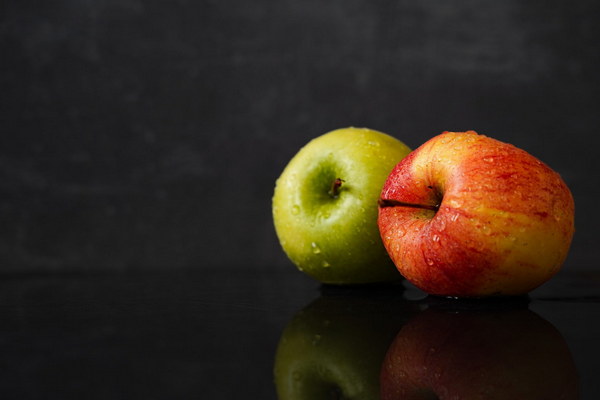The Controversial Trend Nourishing Pregnancy with Rat Meat
In recent years, a controversial trend has emerged in certain cultures, particularly in Asia, where pregnant women are encouraged to consume rat meat as a means of nourishment. This practice, known as rat meat therapy, has sparked debates among nutritionists, doctors, and health enthusiasts alike. But what is the truth behind this dietary ritual? Let's delve into the world of rat meat and its supposed benefits for pregnant women.

The origins of rat meat consumption can be traced back centuries, with historical records indicating that various cultures have utilized this meat for its supposed medicinal properties. It is believed that rat meat contains high levels of protein, vitamins, and minerals, making it an ideal food source for expectant mothers who require additional nutrients during pregnancy.
One of the primary reasons for the popularity of rat meat therapy is its alleged ability to boost the immune system. According to proponents of this practice, the consumption of rat meat can help pregnant women ward off infections and diseases, which are more likely to occur during pregnancy. Furthermore, it is said that rat meat can improve the overall health of the fetus, leading to a healthier birth.
Despite these claims, many healthcare professionals remain skeptical about the efficacy of rat meat therapy. They argue that the high levels of protein and nutrients found in rat meat can be obtained from other, more readily available and safer sources, such as lean meats, fish, and dairy products.
One of the main concerns surrounding rat meat consumption is the potential for foodborne illnesses. Rats are known carriers of various pathogens, including salmonella, leptospirosis, and hantavirus. These diseases can pose serious risks to both the pregnant woman and her developing fetus. As a result, many experts advise against consuming rat meat during pregnancy, recommending alternative dietary sources that can provide the necessary nutrients without the associated health risks.
However, some pregnant women and their families remain convinced of the benefits of rat meat therapy. They argue that the potential risks are outweighed by the potential health benefits, and that traditional practices should not be dismissed outright. Moreover, proponents of rat meat therapy claim that the meat is prepared in a way that minimizes the risk of contamination, such as thorough cooking and proper hygiene during the preparation process.
In light of these differing opinions, it is essential for pregnant women to consult with their healthcare providers before deciding to incorporate rat meat into their diets. While some may choose to follow this traditional practice, others may opt for safer alternatives that can provide the necessary nutrients without the potential risks.
In conclusion, the consumption of rat meat during pregnancy is a topic that has generated significant debate. While some believe that it can provide essential nutrients and improve the health of both the mother and her fetus, others argue that the potential risks outweigh the benefits. Ultimately, the decision to incorporate rat meat into a pregnant woman's diet should be made after careful consideration and consultation with healthcare professionals.









